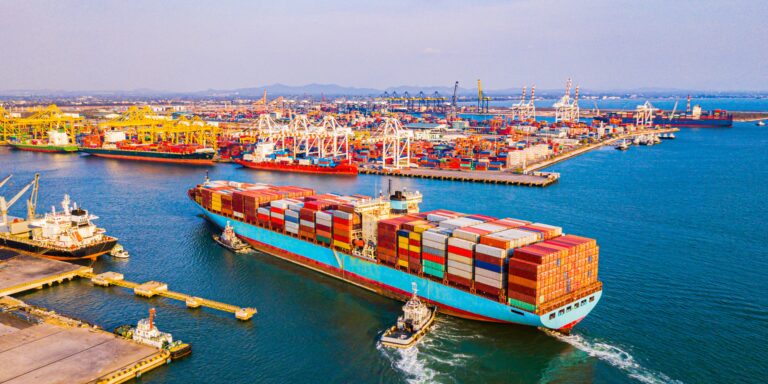Updated ICC Principles to Further Standardise Sustainable Trade and Trade Finance
The International Chamber of Commerce (ICC) has released updated principles designed to standardize sustainable trade and trade finance. International trade is responsible for almost one-third of carbon emissions, making the need to incorporate sustainable practices into global supply chains more important than ever before.
Despite the importance of sustainable trade and finance, a consensus definition of what constitutes sustainable trade or sustainable trade finance has been lacking in the industry, making it difficult to assess transactions against such a framework. To address this issue, the ICC has launched the “Wave 2” framework, which builds upon the “Wave 1” framework launched in 2022.
The modified framework expands its purview beyond textiles to include agriculture, energy, and automotive sectors, making it more applicable to real-world transactions. The “graded score” system is designed to permit clearer articulation and comparison of the sustainability level of trade transactions. The core assessment is now focused on the “Use of Proceeds” to align with existing sustainable finance frameworks.
The updated version of the ICC Principles for Sustainable Trade incorporates standardized means for assessing the sustainability of transportation methods, while the use of approved taxonomies and third-party environmental, social, and governance (ESG) scores is also emphasized. The framework aims to remove subjective judgment, ensuring robustness and enabling automation in the future.
ICC Secretary-General John W.H. Denton AO has emphasized the importance of using trade as a driving force for implementing the Paris Agreement’s goals and supporting sustainable development. The ICC hopes that the evolving Principles for Sustainable Trade will offer a platform for delivering this imperative and increasing precision and clarity in defining sustainable international trade and trade finance.
The adoption of common standards for sustainability in global trade will rely on continued improvements to the framework’s robustness and applicability. Converging on a consensus view of sustainable trade and trade finance among banks, businesses, governments, NGOs, and regulators will be critical in making the ICC’s Principles for Sustainable Trade widely accepted and universally adopted.
In conclusion, the ICC’s updated principles represent an essential step towards standardizing sustainable trade and finance, ensuring transparency and comparability for assessing sustainability in global trade while contributing to a more sustainable and responsible global economy.
Source: https://iccwbo.org/news-publications/policies-reports/updated-icc-principles-to-further-standardise-sustainable-trade-and-trade-finance/

Importing 201
Did you know that U.S. Customs requires that importers have written policy and procedures for record-keeping and customs compliance? This course builds upon techniques presented in our U.S. Importing course and explains how to implement and strengthen your import controls. The course also describes what you should do to prepare for the eventuality of a CBP audit.







